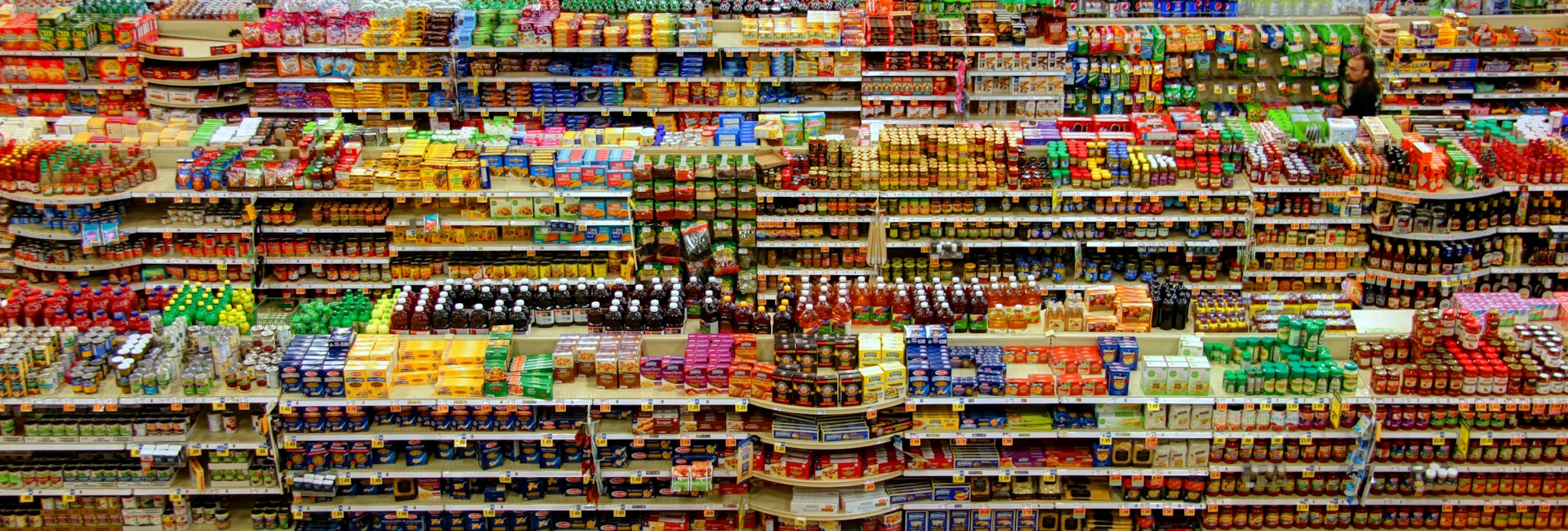
8 million French people find themselves in a situation of food insecurity. At least 2 million people are forced to rely on food aid to feed themselves. The number of diabetics has increased by 160% in 20 years. 18% of farmers live below the poverty line, in a profession with the highest suicide rate in France. In 15 years, 30% of farmland birds have disappeared, and 437 drinking water catchments have been abandoned due to nitrates and pesticides between 2010 and 2021…
All these facts show that our current food system is causing gaping social injustices and dramatic ecological impacts. What is the scale of the negative effects of this system? In other words: how much is our food system costing us?
In 2021, public authorities spent 19 billion euros to repair and compensate for these negative impacts, highlights a study published on September 17 by Secours catholique-Caritas France, the Civam network, Solidarité paysans and the Fédération française des diabétiques, based on research by BASIC. While most of this sum – 12 billion euros – comes in response to illnesses caused by our food system (diabetes and cardiovascular diseases in particular), it only partially covers all the costs generated by our food system.
Public spending designed to repair ecological damage amounted to 3.4 billion euros in 2021, a low figure given the scale of environmental damage (climate, biodiversity, waste, and so on).
At the same time, 48 billion euros were spent on public support for players in the food system, through subsidies, direct purchases and tax and social security exemptions. More than 80% of this support benefits players caught up in a race for volumes, which goes hand in hand with the standardization of agricultural raw materials and pressure on prices paid to farmers, fostering the deleterious effects mentioned above.
According to the study’s conclusions, this public support can be rethought to steer the food system in a different direction, and make it fairer and more sustainable.
Find out more about the study “L’Injuste Prix de notre alimentation” (in French), carried out by Secours catholique-Caritas France, the Civam network, Solidarité paysans and the Fédération française des diabétiques.
A summary is available here (in French too).
BASIC will publish the research report on which this study is based in the coming weeks.